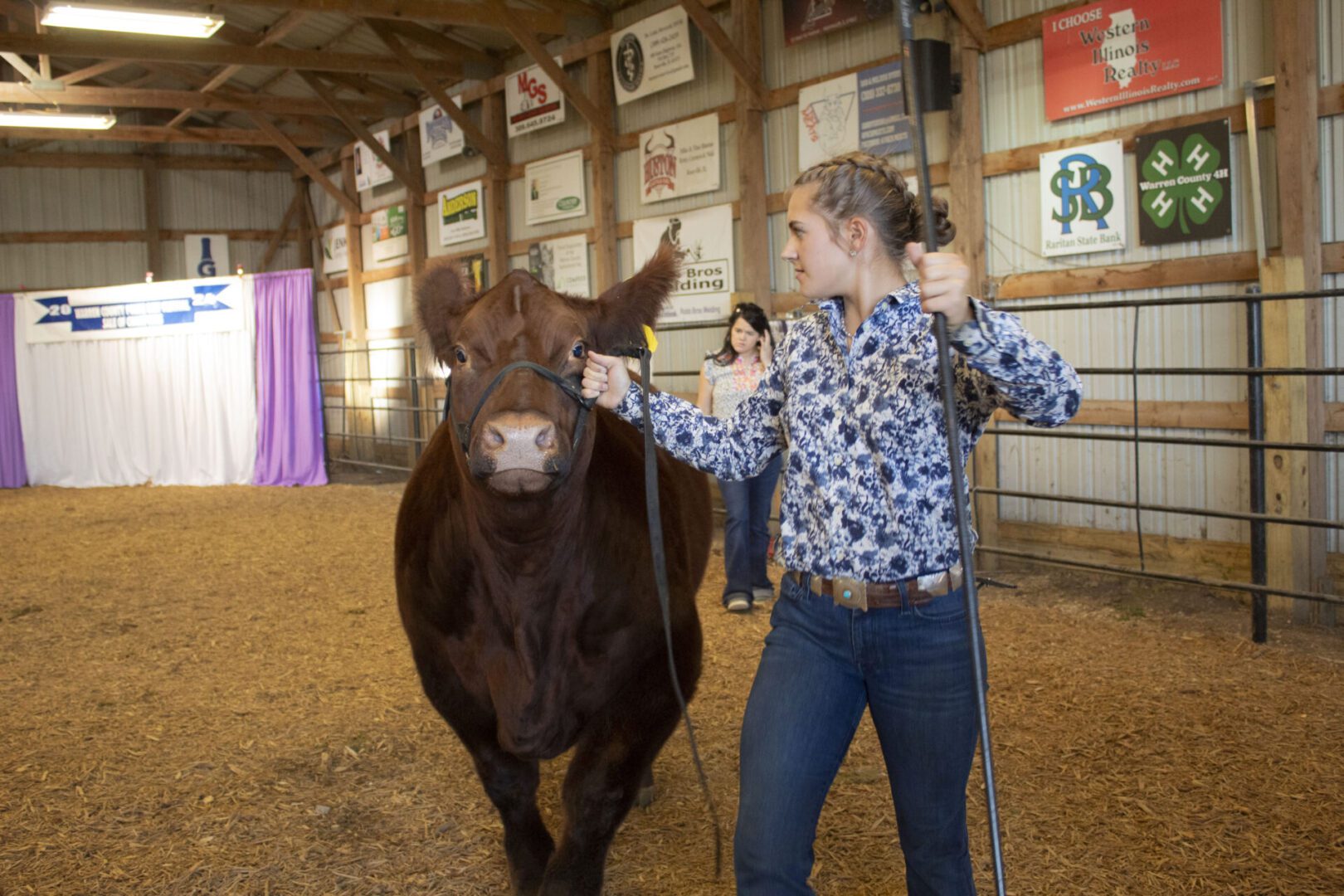Since the Supreme Court chose to uphold Proposition 12 in March, pork producers across the country have been left wondering what this could mean for their operation. Proposition 12, a 2018 ballot initiative passed in California, set new housing requirements for meat sold in California. Illinois Pork Producers Association’s Lana Shovlin says that right now, Illinois farmers are not expected to become compliant with these housing requirements.
“That is something they have the option, whether or not they want to do that, but on the way here this morning, I was talking to our president Chad Leman and I think the problem that they are all facing is ‘what is the next step?’ If we don’t become Prop 12 compliant that’s fine but then as more states see what’s happening will they adopt Prop 12 compliance as well? Then we do end up having to adapt to those standards.”
California produces one percent of the US pork supply, however, they consume around 35 percent of the country’s supply. Shovlin adds that the problem does not just lie within California’s Proposition 12.
“It’s the fact that all these different states could start bringing up different ballot initiatives and throwing these rules around that don’t have any scientific evidence or guidance from actual farmers writing that legislation. So, if we do say we are not going to be compliant, which that is what most of Illinois is doing. It costs several thousand dollars per pig to change up your operation to be Prop 12 compliant. Well, so then what happens? You look at the ramifications of that; California has less pork, and the rest of the country has more pork. Then our markets are going to go even lower than we struggled with this last year.”
Shovlin says that there is a possibility that Illinois could follow California and implement its own version of Proposition 12. That’s why, she says, it’s important for farmers to always be sharing their stories.
California’s Proposition 12 will go into effect on January 1, 2024.













